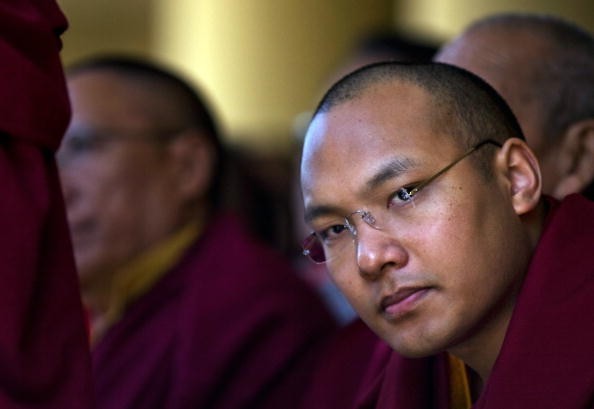China urged India on Monday not to do anything that may complicate their border dispute after an exiled Tibetan religious leader visited a sensitive border region controlled by India but claimed by China.
The Karmapa Lama, Tibetan Buddhism's third-most-senior figure who fled to exile in India in 2000, last week visited the town Tawang in the Indian state of Arunachal Pradesh, in the remote eastern Himalayas.
China has a disputed claim over the entire territory of Arunachal Pradesh, calling it south Tibet. Tawang, a historic site for Tibetan Buddhism, was briefly occupied by Chinese forces during a 1962 war.
When asked about the trip, Chinese Foreign Ministry Spokesman Lu Kang told the Reuters News Agency that India was clear about China's position on the eastern end of their border.
"We hope the Indian side can respect the relevant consensus of both sides, and not take any actions that may complicate the border," Lu said.
Maintaining peace and stability on the border as well as the healthy development of relations is in the interests of both countries, he added.
The visit threatens to put a damper to the Indian and Chinese government's pledges last year to cool their long-standing border dispute, which dates back to their brief 1962 border war.
India is home to a large community of Tibetan exiles, including spiritual leader the Dalai Lama, whom China accuses of being a separatist.
In November, Chinese Premier Li Keqiang snubbed a bilateral meeting with Slovakia's Prime Minister Robert Fico after President Andrej Kiska's meeting with the Dalai Lama in October.
Beijing has accused the 14th Dalai of being a "wolf in monk's clothing" whose continued advocacy for increased Tibetan autonomy threatens China's control over the region.
The Dalai Lama, who won the Nobel Peace Prize in 1989, said he simply wishes genuine autonomy for Tibet.



























